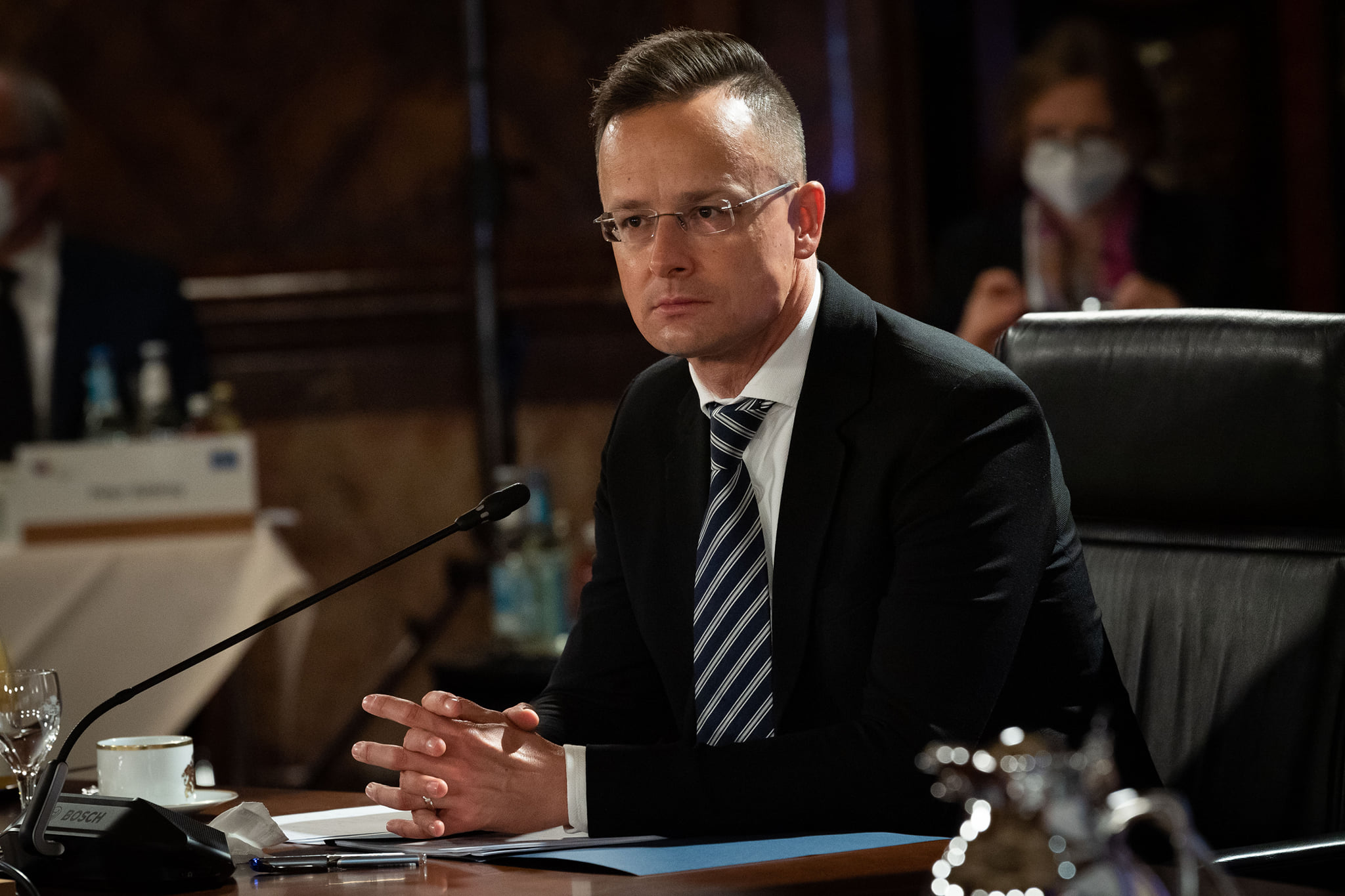
"We have made it clear that we may vote for the proposal only if Brussels proposes a solution to the problem they have created," Szijjártó said.Continue reading

Hungary’s government insists that the Hungarian people must not be made to pay the price of the war in Ukraine, Foreign Minister Péter Szijjártó said on Sunday.
Speaking to public broadcaster Kossuth Radio, Szijjártó said Hungarians were in no way to blame for the outbreak of the war. Therefore if the European Commission intends to impose an oil embargo, it must financially and physically guarantee that the decision to phase out Russian oil imports will not hurt the Hungarian people or Hungary’s energy security, he said.
If the commission approved a proposal on an oil embargo right now, Hungary could not obtain the crude oil needed for its economy to function, the minister said.
Whether there will be an agreement on the matter is up to the EC at this point, Szijjártó said, adding that the Hungarian government’s position was clear. He said Brussels had yet to put forward a proposal that would compensate Hungary for the estimated 55-60 percent increase in fuel prices that an oil embargo would cause.
Szijjártó said it was easy to calculate the effects an oil embargo would have on Hungary. The government would only agree to such a proposal “if the European Commission offers a solution to the problems they created”, he added.
The first such problem, he said, was that Hungary’s oil refinery would have to be technically refitted, which would cost 500-550 million euros, Szijjártó said. Also, a further 200 million euros would have to be spent on a capacity upgrade of the pipeline through Croatia, he added.
If Hungary were to import crude not sourced from Russia, fuel prices in the country would rise by 55-60 percent, which would require a modernisation of Hungary’s energy system that would cost 15-18 billion euros and take five years, according to experts, the minister said.
Szijjártó noted that EU member states had agreed a few months ago in Paris that any steps taken to end the continent’s dependence on Russian energy would take into consideration the specific situation of each country.
A total of 65 percent of Hungary’s oil consumption comes from Russia, Szijjártó said, adding that the introduction of an oil embargo would therefore have “a nuclear bomb-like impact on the Hungarian economy”.
Featured photo via Péter Szijjártó’s Facebook page